Agriculture and Environment Newspaper had an interview with Associate Professor, Dr. Hoang Anh Huy, Rector of Hanoi University of Natural Resources and Environment (HUNRE) about the strategy for developing high-quality human resources to meet the requirements of digital transformation, international integration and sustainable development in the new era.
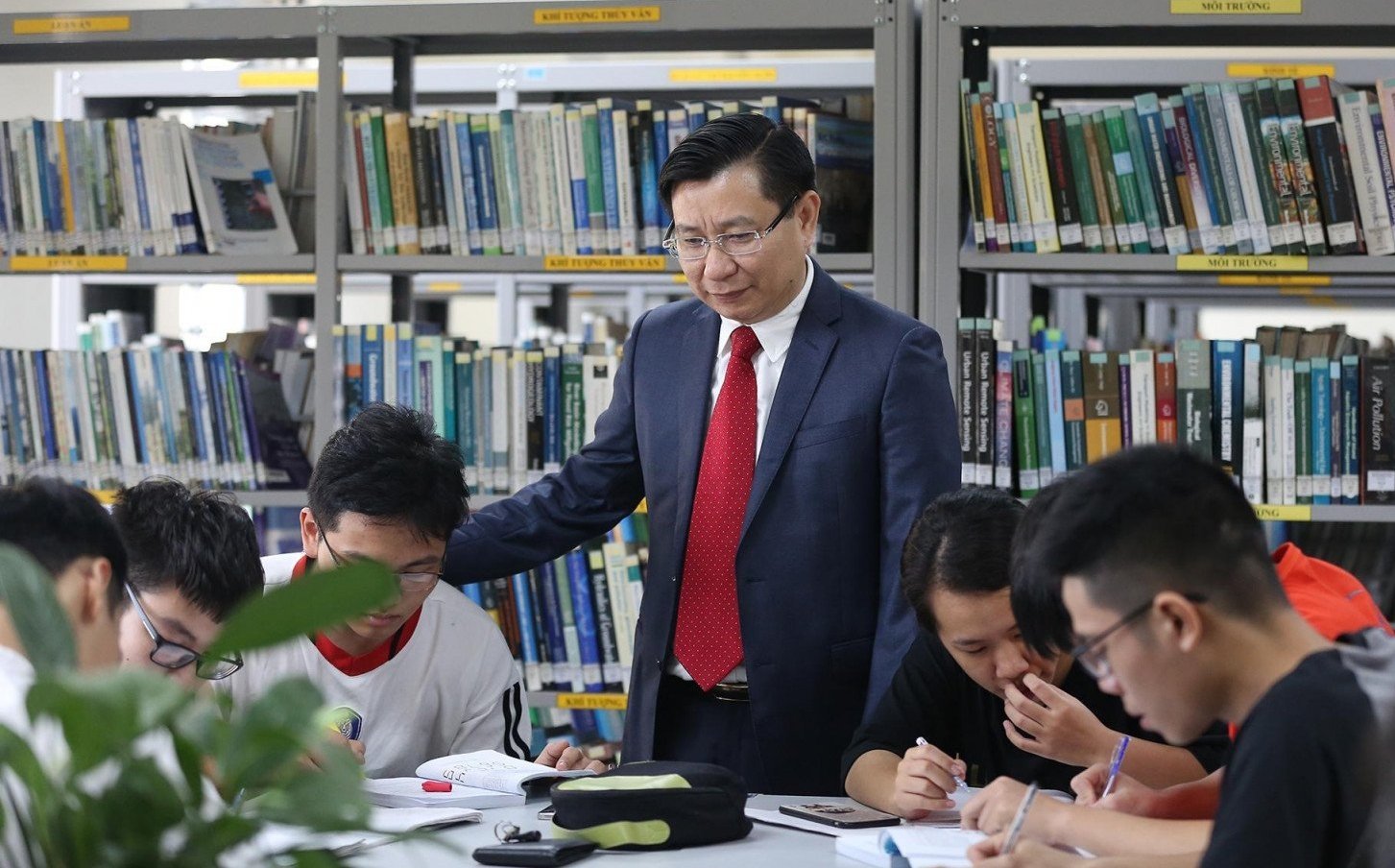
HUNRE strives to become a national key university in applied-oriented natural resources and environment by 2030. Photo: Lan Chi.
Building a pioneering generation of "green human resources"
Sir, how has Hanoi University of Natural Resources and Environment specified educational orientations to build a human resource training ecosystem to meet the requirements of digital transformation and sustainable development of the agricultural and environmental sectors?
Hanoi University of Natural Resources and Environment has concretized Resolution 29-NQ/TW on fundamental and comprehensive innovation in education and training through building a comprehensive training ecosystem, focusing on digital transformation and sustainable development.
In the development strategy for the period 2021 - 2030, with a vision to 2035, HUNRE has integrated the orientations of the Resolution with the goal of training high-quality human resources for the fields of natural resources, environment and sustainable agriculture.
The school restructures the training program towards application, integrating digital technology into core majors such as Natural Resources and Environment Management, Environmental Engineering, Water Resources...
HUNRE's training ecosystem is built on three pillars: Core training through the HUNRE LMS System with at least 10% online courses; practice and research with 40% of study time being real projects in cooperation with businesses; international cooperation, implementing 2 + 2 joint programs with universities in Korea and Australia.
By 2030, HUNRE aims for 100% of training programs to integrate digitalization and sustainable development elements, making practical contributions to the national digital transformation program.
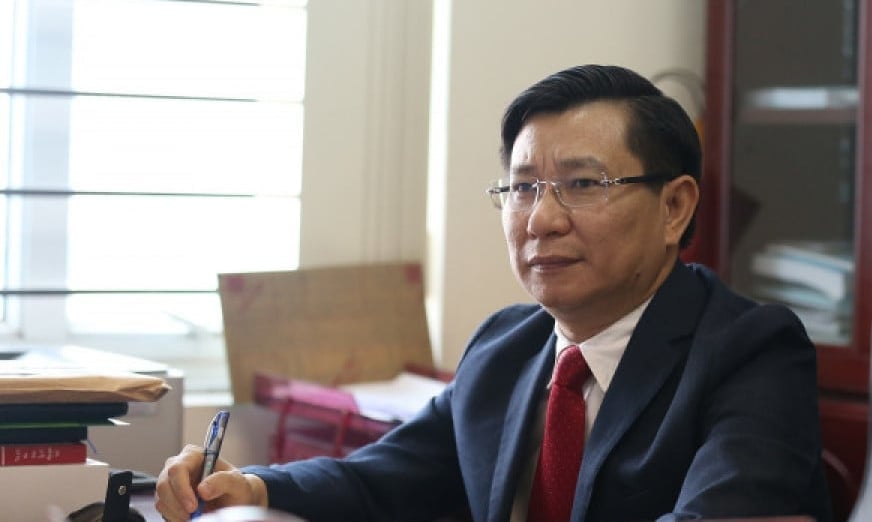
Associate Professor, Dr. Hoang Anh Huy, Rector of Hanoi University of Natural Resources and Environment. Photo: Lan Chi.
In response to Vietnam's Net Zero 2050 commitment, how has HUNRE implemented an interdisciplinary strategy and innovated its training program to form a team of "green human resources" with solid expertise, mastering resource management technology, emission reduction and circular economy, sir?
The Net Zero commitment is a strategic orientation that drives HUNRE to build a pioneering generation of "green human resources". We implement the Green Human Resources Strategy for the period 2025 - 2030 with an interdisciplinary approach between resources, environment, agriculture and technology.
100% of relevant programs are integrated with the compulsory module “Green Development and Circular Economy”. For example, the Environmental Engineering major is supplemented with content on carbon emission reduction technology through predictive AI and blockchain for green supply chain management. The Sustainable Resource Management major combines organic agriculture with IoT for resource monitoring, supporting students to apply circular economy in practice, such as the project of recycling agricultural waste into renewable energy.
From 2026, HUNRE will launch the Digital Era MBA program, focusing on green resource management and emission reduction.
The school cooperates with international organizations such as Weathernews Inc. (Japan) to organize specialized seminars such as the seminar "Action for climate and water security", and encourages students to research graduation topics related to Net Zero solutions...
Three pillars, four strategic breakthroughs
How has HUNRE been narrowing the gap between training and labor market needs, especially in new fields, sir?
Narrowing the gap between training quality and labor market needs is a strategic priority of HUNRE, especially in new areas such as urban and construction management, mineral resource management, data science and geotourism. The school transforms the theoretical training model into practical training through a closed training value chain, from business demand survey, program update to internship arrangement and recruitment.
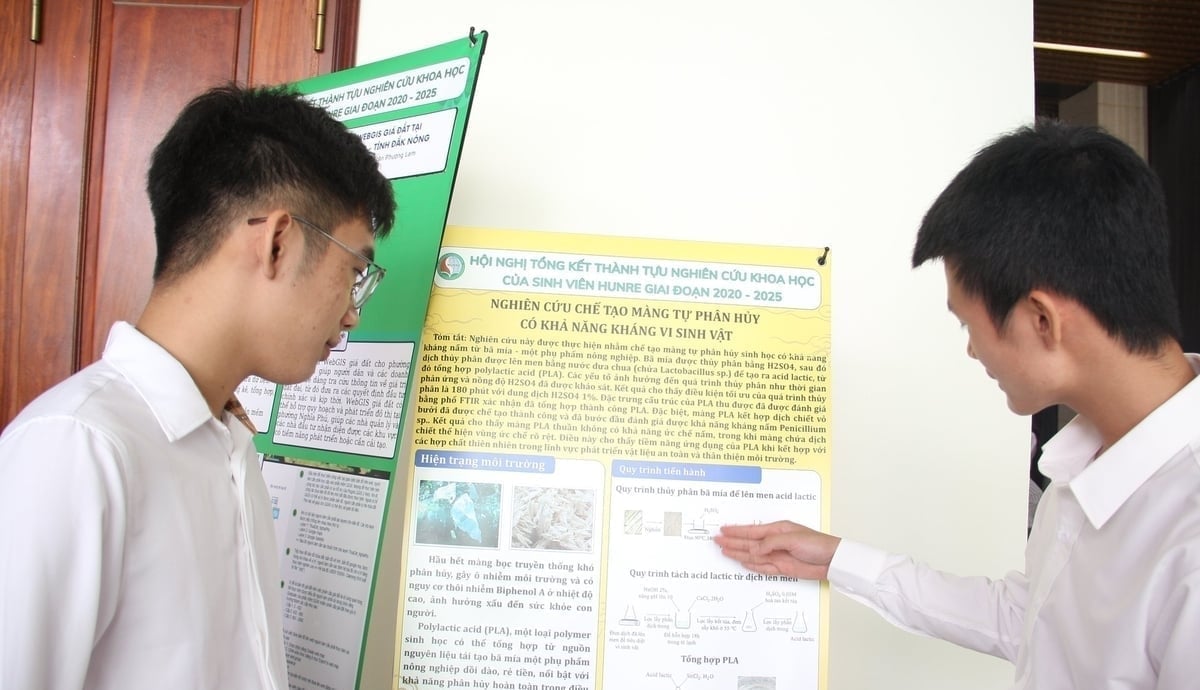
HUNRE students are very dynamic, not afraid to engage in difficult, interdisciplinary topics. Photo: Mai Dan.
For example, the Natural Resources Management and Geology industry applies GIS and blockchain for sustainable exploitation; the Tourism and Travel industry combines the environment and digital economy to meet the green tourism trend. To ensure efficiency, HUNRE organizes an annual Recruitment Day, achieving a post-graduation employment rate of over 90%.
International cooperation and business are two pillars in this strategy. The school has 2 + 2 joint training programs with universities in Australia and Korea, and has signed cooperation agreements with businesses to participate in program development and internship guidance.
Thanks to that, HUNRE students are not only solid in theory but also ready to meet practical needs, contributing to providing high-quality human resources for strategic areas of agriculture and environment.
In the context of promoting university autonomy, how does HUNRE position its role in the national innovation system, sir?
In the spirit of Resolution 57-NQ/TW, HUNRE is positioned as the leading national applied research center on natural resources and environment, connecting training - research - technology transfer, serving the goal of sustainable development.
By 2030, HUNRE strives to become a national key university in natural resources and environment with an application orientation, achieving 5-star standards according to the UPM rating system, providing high-quality human resources, playing a pivotal role in the Green Growth Strategy and committing to Net Zero 2050.
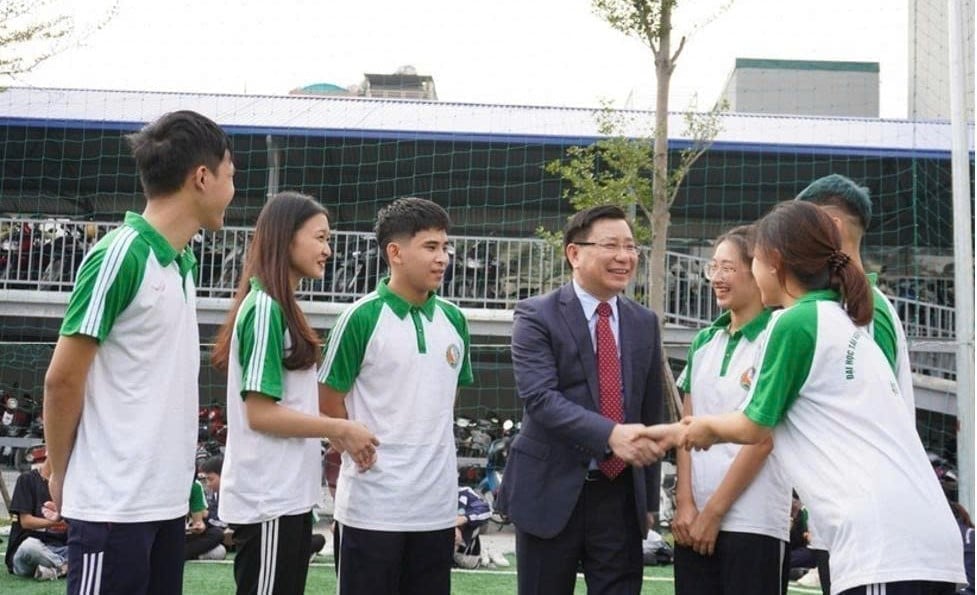
HUNRE students are solid in theory, well-versed in practice, contributing to providing high-quality human resources for the natural resources and environment industry. Photo: Lan Chi.
Specific goals include training 10,000 bachelors and masters each year, programs that meet international standards, a 95% post-graduation employment rate, and research and development (R&D) funding reaching 1.5% of the school budget...
HUNRE focuses on four strategic breakthroughs: Comprehensive digital transformation with HUNRE ERP and LMS systems, integrating AI into training programs; interdisciplinary innovation, opening new industries such as green logistics, green finance, carbon credits, meeting labor market needs; expanding international cooperation with joint programs and joint research projects with global partners; promoting applied research and technology transfer to address challenges in water security, low-carbon agriculture and sustainable resource management.
These breakthroughs not only enhance HUNRE's position but also contribute to building a green, sustainable economy, meeting the country's expectations in the new era.
"HUNRE's strategy focuses on three pillars: Building a strong research team following the living-lab model, typically the project of monitoring climate change using AI; increasing international publications, patent registration, applying advanced scientific management systems; promoting technology transfer into practice, such as GIS in land management, IoT to reduce emissions. These orientations contribute to solving major challenges in responding to climate change, sustainable resource management and developing a circular economy."
(Associate Professor, Dr. Hoang Anh Huy).
Thank you very much!
Source: https://nongnghiepmoitruong.vn/chien-luoc-nhan-luc-xanh-trong-ky-nguyen-so-d780584.html










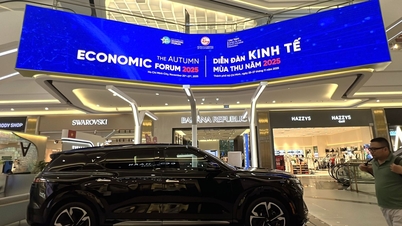

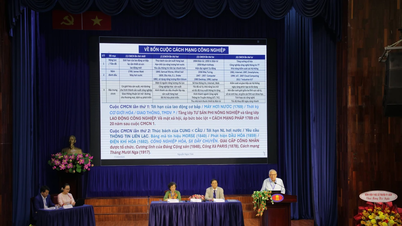

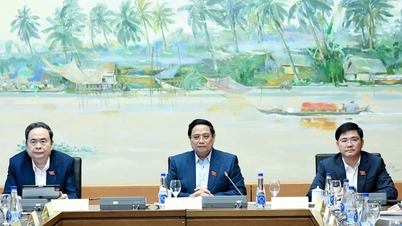

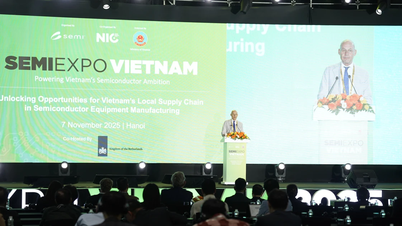



![The person who 'broke the fence' for Dat Cang's agriculture: [Part 2] Preserving the value of Doan Xa land](https://vphoto.vietnam.vn/thumb/402x226/vietnam/resource/IMAGE/2025/11/10/1762727497156_2926-nguoi-xe-rao-mo-loi-cho-san-xuat-nong-nghiep-dat-cang-165925_730.jpeg)



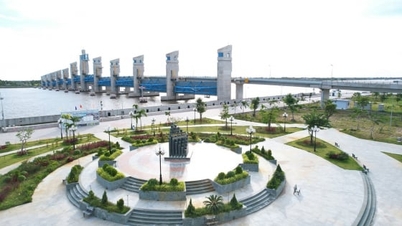
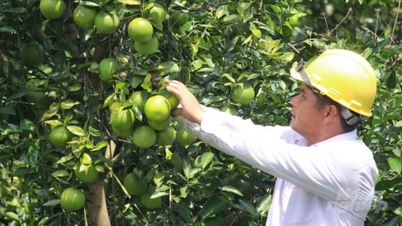





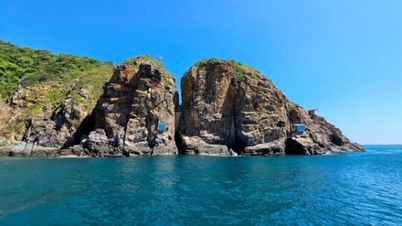
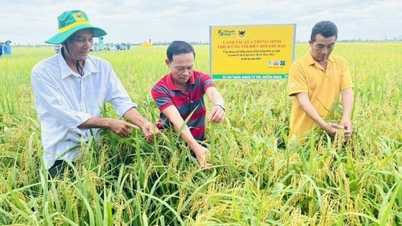
![Dong Nai OCOP transition: [Part 2] Opening new distribution channel](https://vphoto.vietnam.vn/thumb/402x226/vietnam/resource/IMAGE/2025/11/09/1762655780766_4613-anh-1_20240803100041-nongnghiep-154608.jpeg)

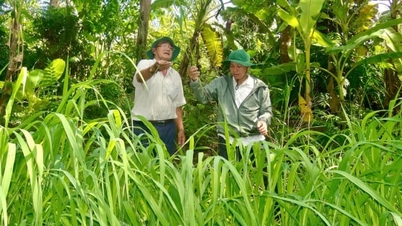
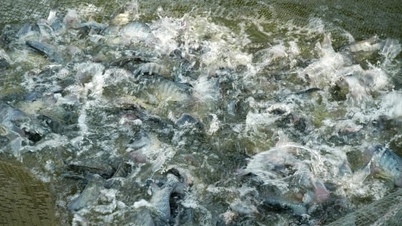




































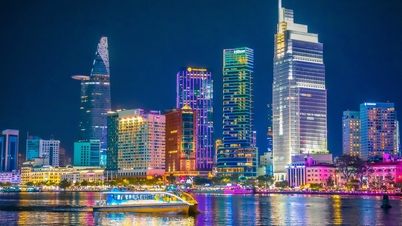







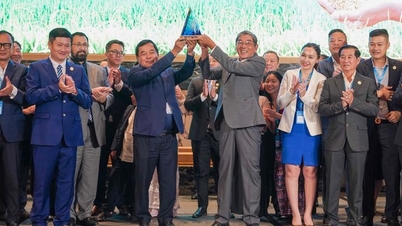



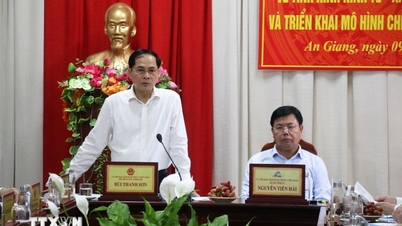










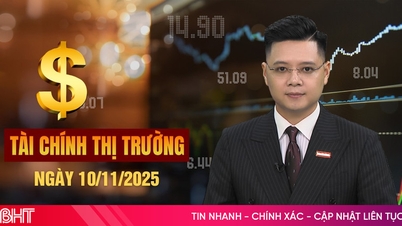

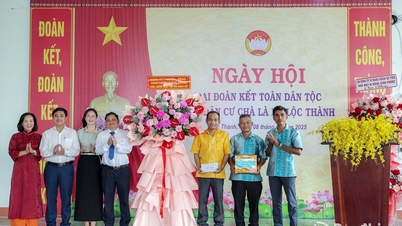










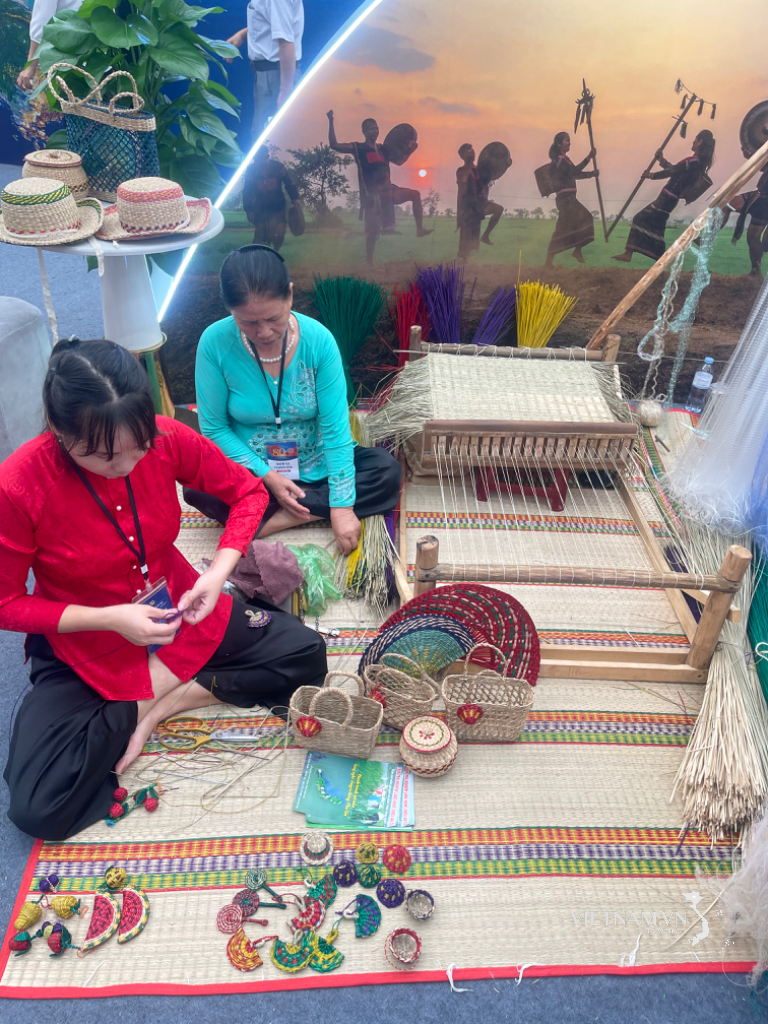


Comment (0)